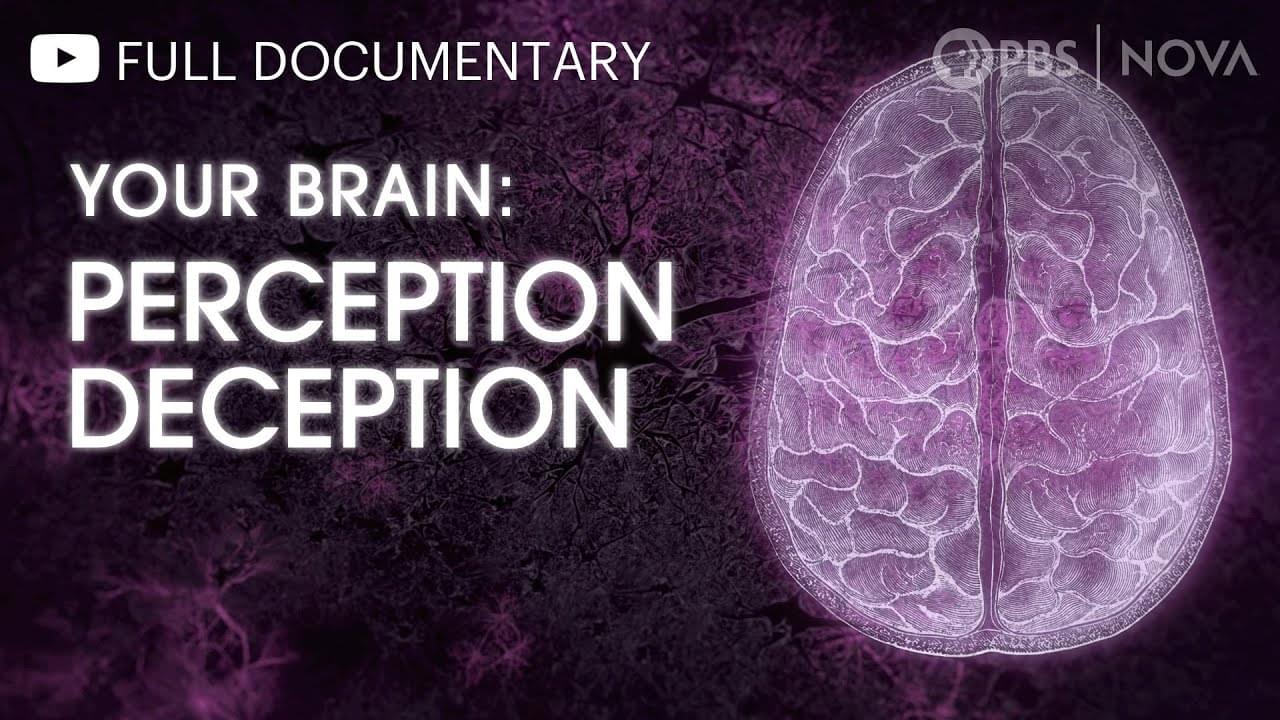Nov 27, 2023
Unpacking the hype around OpenAI’s rumored new Q* model
Posted by Gemechu Taye in categories: education, mathematics, robotics/AI
If OpenAI’s new model can solve grade-school math, it could pave the way for more powerful systems.
Ever since last week’s dramatic events at OpenAI, the rumor mill has been in overdrive about why the company’s chief scientific officer, Ilya Sutskever, and its board decided to oust CEO Sam Altman.


















